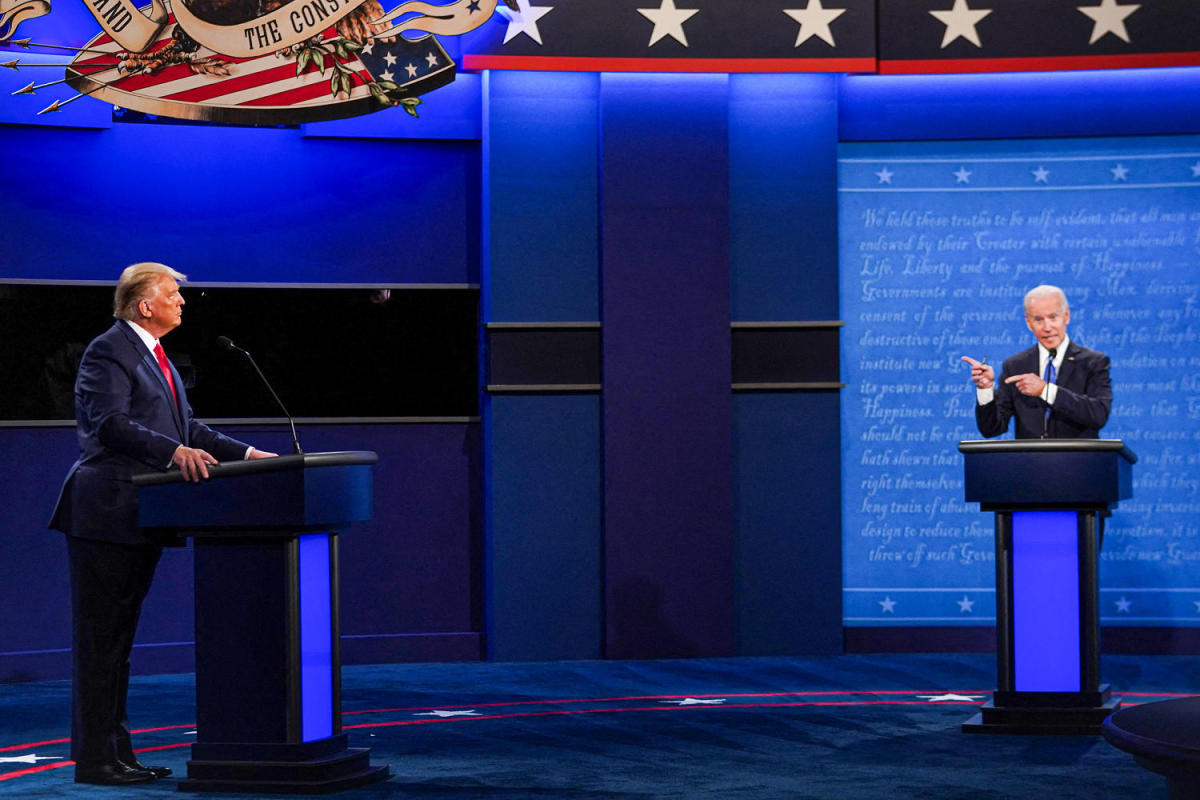Unlock the Editor’s Digest for free
Roula Khalaf, Editor of the FT, selects her favourite stories in this weekly newsletter.
Leaders of EU countries have been left brainstorming ways to stop Viktor Orbán from blunting Brussels’ support for Kyiv, officials and diplomats said, after the Hungarian leader’s intransigence over Ukraine aid marked a new low in his relations with the bloc.
At the summit of EU leaders in Brussels on Thursday Orbán unexpectedly relented on accession negotiations after being persuaded by German chancellor Olaf Scholz to leave the room for a coffee, in effect abstaining after having signalled for weeks that he would resist any move to start talks.
But a few hours later he ruined Kyiv’s moment of celebration — and delighted the Kremlin — by vetoing the €50bn, four-year financial aid package.
Even by Orbán’s standards it was a whipsawing performance that wrongfooted his partners. His refusal to seek a compromise on a core EU security issue dismayed even those who have sparred with him for years.
Daniel Hegedüs, senior fellow at the German Marshall Fund think-tank, said: “It was a low point for the EU and a new high point of escalation.”
For much of his 13 years in power Orbán has used an antagonistic relationship with the EU to galvanise voters and extract financial concessions from Brussels. His current beef with Brussels is its suspension of €20bn of funding over concerns relating to the rule of law and fundamental rights, but EU officials are moving to limit his ability to thwart the bloc’s agenda.
“He is adopting a behaviour and we are all learning it. We all see what it takes to trigger him, and that’s money,” said a senior EU diplomat.
In 2019, Orbán launched a billboard campaign against the EU, depicting then European Commission president Jean-Claude Juncker as a puppet of Hungary-born billionaire philanthropist George Soros. With European parliament elections to be held in June, similar posters have reappeared recently on the streets of Budapest featuring Ursula von der Leyen, Juncker’s successor, with Alex Soros, the philanthropist’s son.
A longtime eurosceptic and self-styled “illiberal democrat”, he has played hardball at several previous summits, vowing to block the EU’s €1.8tn budget and pandemic recovery fund in 2020 or an €18bn aid package to Ukraine a year ago, only to retreat.
“He is always transactional, never ideological,” said a European diplomat. “And we shouldn’t underestimate that he likes being at the centre of attention.”
But in the run-up to last week’s summit, EU leaders struggled to fathom what exactly the wily leader wanted. Was he doing Russian President Vladimir Putin’s bidding or was he trying to push Brussels to release frozen funds?
The day before EU leaders gathered in Brussels, the commission agreed to release €10bn of the frozen funds to Hungary, arguing it had enacted reforms strengthening judicial independence. EU officials said the concession was merit-based but the timing was helpful.
Orbán and his allies had repeatedly said his opposition to helping Ukraine was not linked to Hungary’s EU funding. But as the summit drew to a close on Friday, he finally named his price: payment of the remaining €20bn in funds.
“This is a great opportunity for Hungary to make it clear that it should get what it deserves,” Orbán told Hungarian public radio. “Not half or a quarter, but the whole thing. We demand fair treatment, and now we have a good chance to achieve this.”
The Hungarian leader also pointed out that he still has 75 opportunities to block Ukraine’s accession process, since every stage requires the unanimous approval of EU members. Further complicating matters, Hungary assumes the bloc’s six-month rotating presidency in July, another potential source of leverage.
However, any further release of funds is likely to face stiff opposition.
MEPs rounded on the commission for last week’s €10bn payment. “It’s extortion. Nothing less,” said Daniel Freund, a German green MEP, on X.
The remaining €20bn due to Hungary is being withheld under a separate, procedure — a new “conditionality” mechanism that gives Brussels the leverage it needs to reverse rule of law and democratic breaches. Giving in to Budapest would badly damage its credibility, officials said.
“If we move in this direction too far we must recognise where that will take us,” said the senior EU diplomat. “We must protect the integrity of the process.”
Some officials have considered reactivating the so-called Article 7 punishment procedure for rule of law breaches, which can result in the suspension of voting rights. It can be blocked by another member state, but a change of government in Poland means Hungary no longer has a guaranteed protector. Still, multiple countries are nervous about using what is essentially the EU’s biggest weapon against a member state.
Instead, officials said, the priority is to persuade Orbán to back down on funding by making clear what one described as the “full costs” of his isolation.
If that fails, the EU’s 26 other members could strike a deal on their own, although it would take time and only offer a short-term fix.
“Maybe Hungary can create more trouble,” said a third EU senior official present at the summit. “Maybe Hungary can force us to use a few different tools. But ultimately Hungary cannot stop us providing money to Ukraine.”
“He’s not Putin’s puppet, as some may think,” the official added. “And many do.”

David Turner is a globe-trotting journalist who brings a global perspective to our readers. With a commitment to shedding light on international events, he explores complex geopolitical issues, offering a nuanced view of the world’s most pressing challenges.




/cdn.vox-cdn.com/uploads/chorus_asset/file/25449825/65cf71ee2368ff61aaf13de7_1.jpg)


